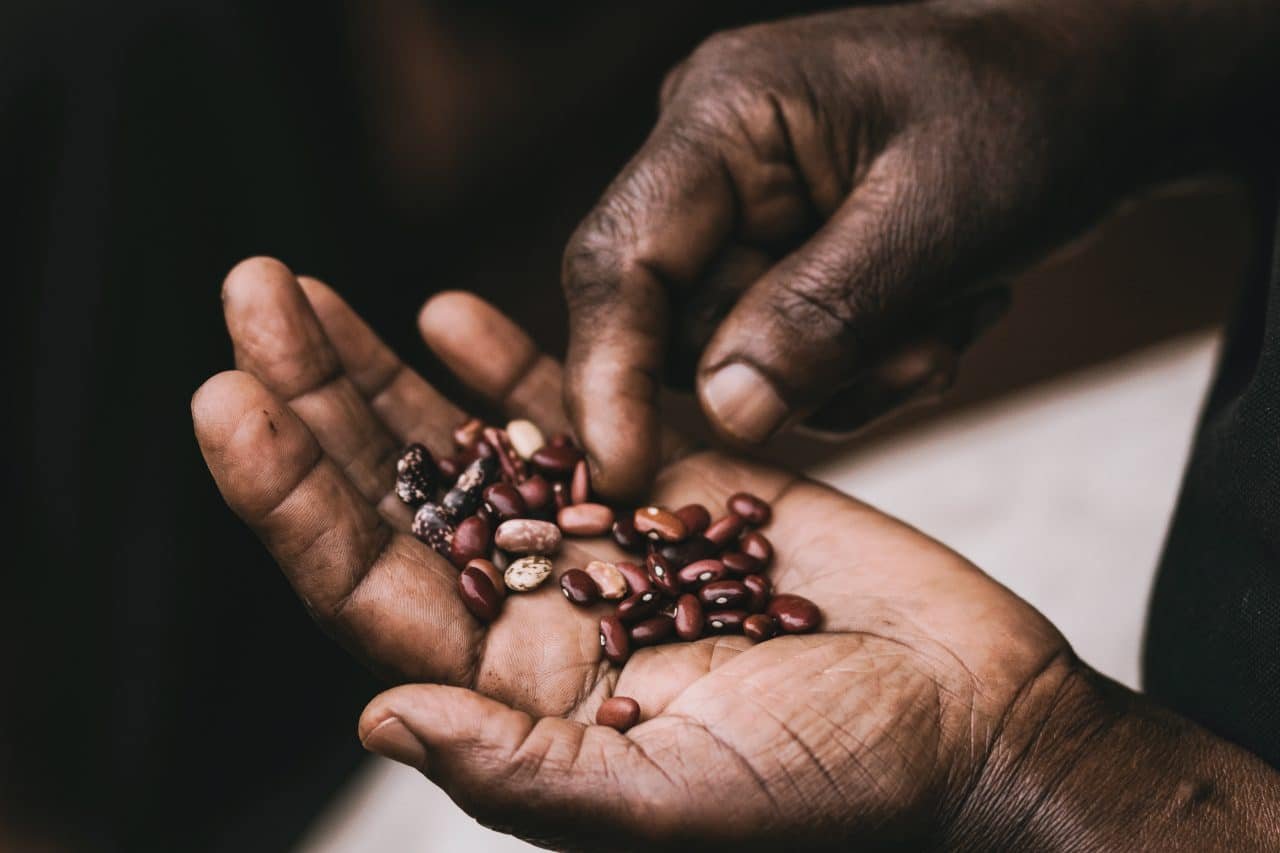New high-yielding bean varieties developed
Bean varieties have been released for farmers that are rich in iron and zinc. Primarily in western and Nyanza regions. Iron is necessary for physical growth, cognitive and mental development for children. Furthermore, it is cause for the reduction of anemia in women of reproductive age.
The Kenya Agricultural and Livestock Research Organisation (Kalro) has released the Angaza, Faida, and Nyota varieties. Additionally, they are working with support from the Pan-Africa Bean Research Alliance (PABRA).
The beans have can boost the nutritive value of staple crops.
Kenya experiences an annual 20 to 30 percent deficiency in staple foods. In addition, the new varieties are expected to boost production and reduce nutrient deficiencies.
Micronutrient deficiencies among children under five are prevalent at 26 percent. Moreover, 11 percent of these children are underweight, according to the WHO.
Local bean varieties contribute to low production. For example, despite favorable climatic conditions, Nyamira County’s bean production is low as farmers grow Onyoro. This is a traditional low-yielding and disease-prone variety.
High-yielding bean in the community
“We are encouraging communities to embrace production and consumption of the micronutrient-rich beans as part of our nutrition-sensitive strategy. We believe this well help to address anemia, stunting growth, and trigger economic empowerment.” Ms Peris Mong’are, the County Executive Committee member for Agriculture, Nyamira shared.
Additionally, apart from home consumption, the beans can generate income since they have a ready market.
The Technologies for African Agriculture Transformation (TAAT) program is assisting in the promotion of the varieties in Nyamira amongst other counties. The main funders behind the project being the African Development Bank (AfDB).
Dr Boaz Waswa, a soil fertility specialist at PABRA, shed some insight on a few matters. He said: “Soil health and fertility, timely weed management, pest and disease control, and adopting climate-smart technologies are also important in overcoming the impacts of climate change”.
Conclusively, the varieties will contribute to the governments’ Big 4 agenda in the food security and nutrition pillar.
By Mwangi Mumero



